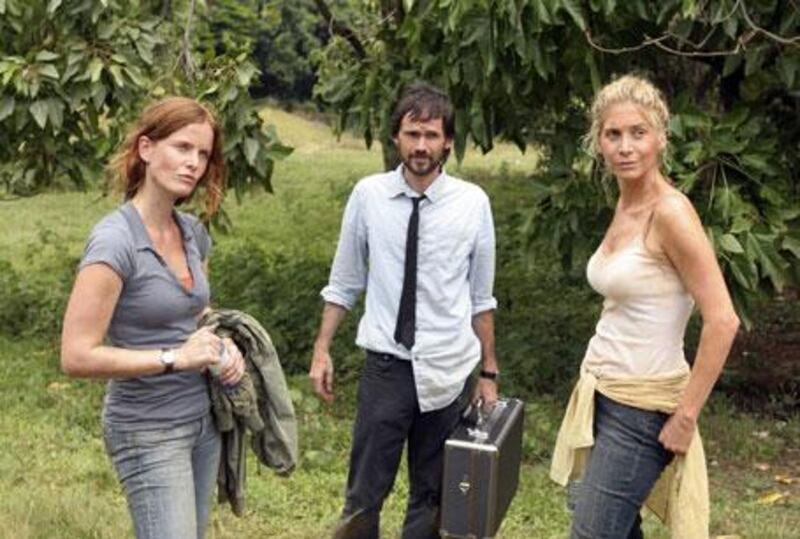After eight very long, very hectic days, Special Agent Jack Bauer will be taking his final bow at the end of May, as the groundbreaking espionage drama 24 comes to a close. Having battled valiantly to save the world from a series of increasingly ambitious terrorists over the past nine years, it's a miracle Bauer managed to survive for as long as he did. Also coming to an end this year is ABC's Lost, the creators of which face the mammoth task of tying up all the loose ends of the show's increasingly labyrinthine plot.
Meanwhile, the creator of Mad Men, Matthew Weiner, was reported as saying at the end of April that the show would run for no more than six seasons. The question of when to pull the plug on a popular show is a vexed one. Sometimes, like the UK version of The Office (12 episodes and a double episode Christmas special) and Fawlty Towers (12 episodes) fans are left desperate for more, but happy in the knowledge that their beloved show will never have a chance to lose its shine. But in other cases, what seems to be a premature termination causes an outcry.
Take Futurama. Dropped in 2004 after four seasons, it remained so popular that it was eventually revived, with new episodes set to begin broadscasting on Comedy Central in the US next month. Fans of Arrested Development, cancelled in 2006 after three seasons, are still hopeful that the much-rumoured film version will eventually make it to cinemas, even though David Cross, one of the show's stars, said in April that it was "just not going to happen".
Both Futurama and Arrested Development were cut short by Fox, which is also the home of 24. The nework has developed something of a reputation for ending shows to the disappointment of eager fans - Firefly (directed by the Buffy maestro, Joss Whedon) and Wonderfalls (a quirky comedy drama about a philosophy graduate working in a gift shop at Niagara Falls) are just two more examples of terminations that upset fans.
Of course, Fox doesn't always drop shows before they pass their sell-by date. X-Files, once one of the biggest shows on the planet, limped on for two series after David Duchovny left as a regular cast member at the end of series seven. He was abducted by aliens and returned only sporadically in seasons eight and nine. But they can be forgiven for not knowing when to pull the plug. Sometimes it's hard to know when to walk away. At 15 series, NBC's ER is the longest-running medical drama in TV history, but by its final season, its US ratings had slumped from a series five high of 25.4 million, to 10.3 million.
Like the X-Files, ER suffered from the loss of regular cast members, including George Clooney, Julianna Margulies and Eriq La Salle. But a changing cast is just one pitfall that a long-running show can face. The term "jumping the shark" refers to what happens when a once great show goes down the tubes. It was coined in reference to an episode of Happy Days in which the Fonz (Henry Winkler) waterskiing in a leather jacket, jumped over a prop shark. The moment was taken by many as a sign that the show had gone into terminal decline.
A website was born, on which fans debated whether popular shows still cut the mustard, and if not, what had gone wrong. Thanks to the jumptheshark.com - eventually sold to TV Guide and incorporated into their website - there is now a recognised list of ways a show can jump the shark. These include main characters beginning a relationship - see Friends and Frasier - casting improbable guest stars to boost ratings, and introducing a different actor to play a familiar character when a star leaves.
As for the Lost finale in May? We sincerely hope that the creator JJ Abrams pulls an "it was all a dream" sequence, if only to see just how irate fans who have remained loyal become.





